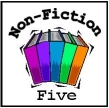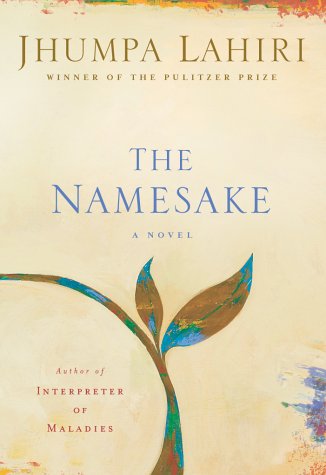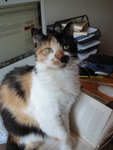Girl in Hyacinth Blue - Susan Vreeland

Title: Girl in Hyacinth Blue
Author: Susan Vreeland
Country: America
Year: 1999
Rating: C-
Pages: 242 pgs.
First sentence: Cornelius Engelbrecht invented himself.
I don't enjoy writing reviews about books that I don't like. After all, I'm just one opinion, and by no means an expert. Why slander a book? But, if I only ever posted reviews of books I enjoy, would that be helpful?
I was very disappointed in Girl in Hyacinth Blue. The story is set up as a series of vignettes (many of them were first printed as short stories as it states in the Acknowledgments). As I started reading I wondered how she could publish so many of the individual chapters on their own, while still creating a cohesive novel. My question was answered, as I discovered the novel was not very cohesive at all.
The plot is an interesting one. The first chapter presents us with a modern day owner of a painting he claims to be a Vermeer formerly unknown to the art world. Each chapter traces the ownership of the painting, Girl in Hyacinth Blue, back to the original owner and creator.
However, Vreeland's technique does not seem to work as the painting at the centerpiece of the novel. Very few of the stories flow well together. I was left unsatisfied, wondering what happens to some of the people in each chapter, or trying to figure out how others fit into the overall history of the painting. Large gaps of time seem to be present, and I had a hard time following the chronology and how the painting was passed between owners. Never mind the fact that the last two chapters don't even adhere to her reverse chronology.
Some novels don't have a resolution, and it works. This one doesn't have a resolution, but as a reader I ended up more frustrated and annoyed. It doesn't even have a proper ending. You never return to the original narrator and finds out what happens to the painting in the modern day. Ultimately, for a book of such small size, it took an extremely long time to finish, and I've already forgotten a lot of the details.










